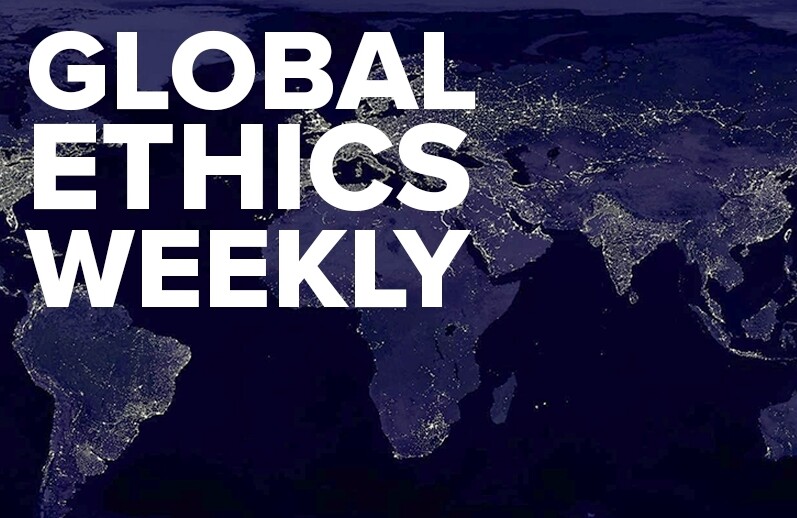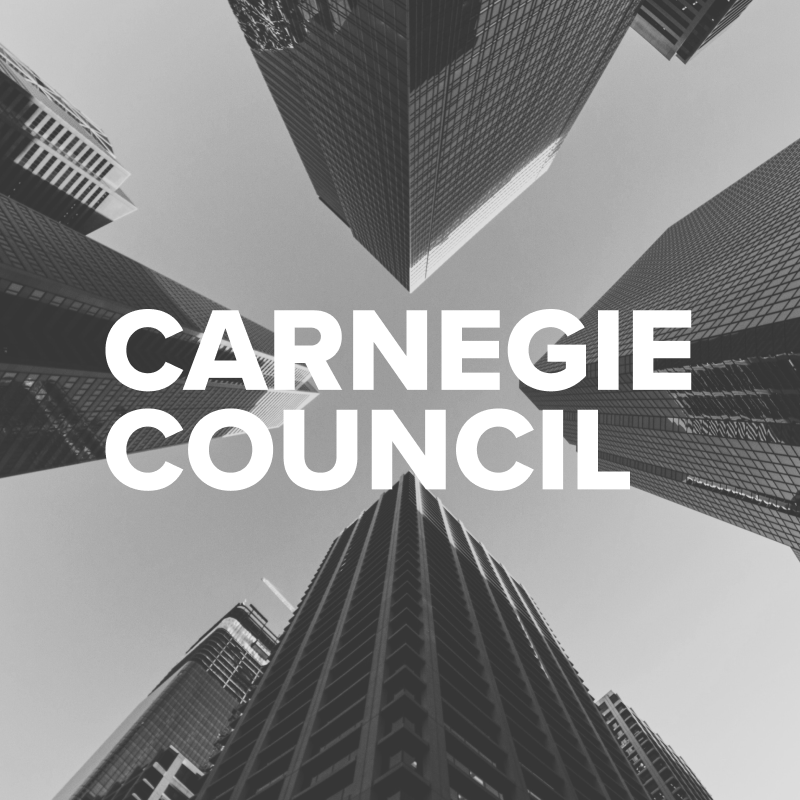En el 44º aniversario de la entrada de los Jemeres Rojos en Phnom Penh, Andrew Boyle, del Centro Brennan, habla de su trabajo ayudando a procesar a los autores del genocidio y otros crímenes contra la humanidad en la Camboya de los años setenta. Boyle detalla los casos, los acusados y las controversias en torno al tribunal. ¿Por qué tardó tanto la justicia? ¿Cómo reaccionaron los camboyanos ante los juicios? ¿Y por qué es tan importante esta condena por genocidio?
On the 44th anniversary of the Khmer Rouge entering Phnom Penh, the Brennan Center's Andrew Boyle discusses his work helping to prosecute the perpetrators of the genocide and other crimes against humanity in 1970s Cambodia. Boyle details the cases, the defendants, and the controversies surrounding the tribunal. Why did justice take so long? How did Cambodians react to the trials? And why is this genocide conviction so significant?
For more from Boyle, read his two Just Security articles on the trials. This podcast also references this Diplomat article by Peter Maguire.
Boyle also spoke on a Global Ethics Weekly podcast last month about the National Emergencies Act and Trump's policies at the U.S.-Mexico border. Boyle's focus at the Brennan Center is on executive emergency powers and separation of powers in the U.S. government.



